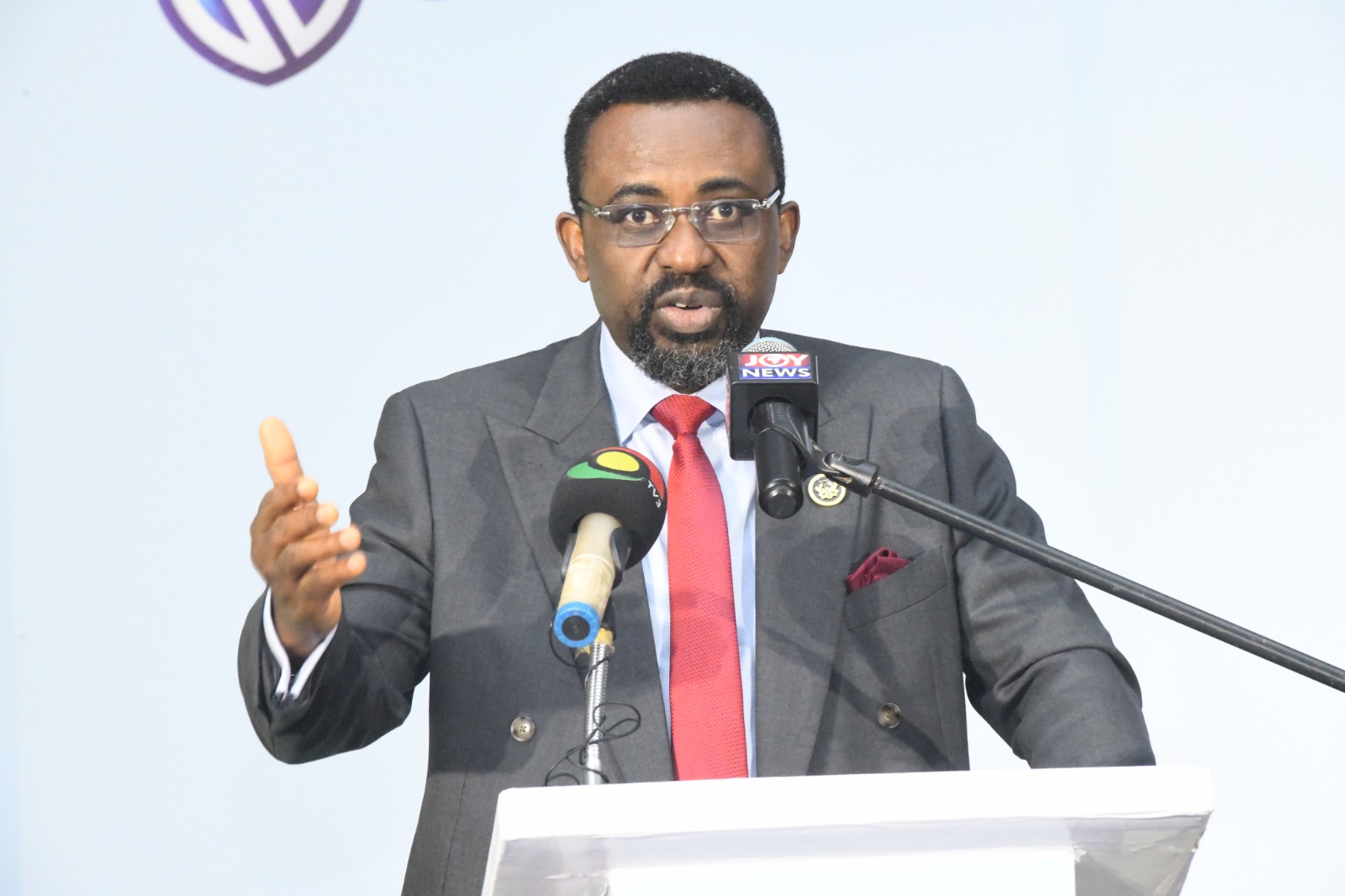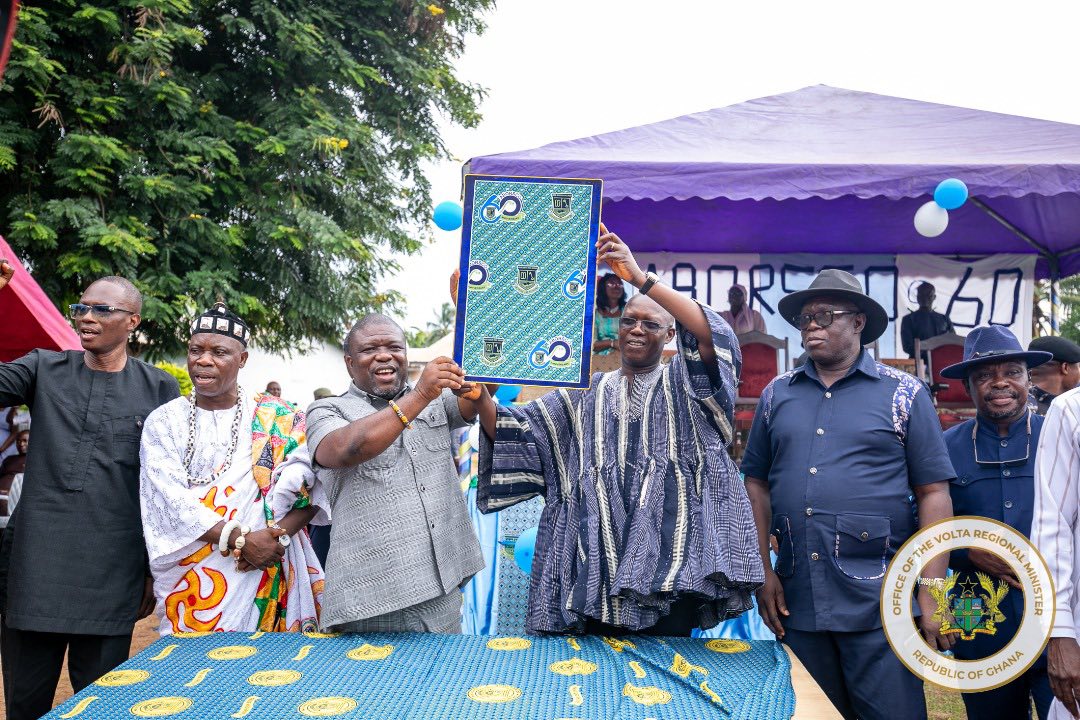Dr. Johnson Asiama, the Governor, has announced BoG’s commitment to maintaining a firm disinflation stance as well as raising and holding the monetary policy rate at 28%, conducting active Open Market Operations (OMO) to absorb excess liquidity.
He also disclosed enforcing discipline in the foreign exchange market through structured FX auctions and forward guidance to achieve the targets set out.
Speaking at the Graphic Business/Stanbic Bank Breakfast Meeting on Tuesday, 15th July 2025, Themed “Sustaining Forex Gains: Business and Economic Impact” stressed that these actions were not in isolation and they were reinforced by the Ministry of Finance’s commitment to fiscal consolidation, as captured in the 2025 Budget and aligned with the structural benchmarks of the IMF programme.
He said, “What we are witnessing is the power of synchronized policy execution, where the central bank’s inflation-targeting mandate and the government’s expenditure rationalization converge to restore credibility, stabilize expectations, and anchor the Cedi. The result is visible: A steady return of portfolio inflows, a revival of domestic confidence in Cedi-denominated assets, and an uplift in the Purchasing Managers’ Index (PMI) and the Composite Index of Economic Activity (CIEA), which rose 4.4% year-on-year in May 2025, reflecting rising business and consumer confidence
In discussing the overview of recent economic performance, the governor outlined the following:
- The Ghanaian Cedi has appreciated by over 42% year-to-date as of June 2025, reversing nearly all the losses incurred in 2022 and 2023.
- Gross international reserves now stand at US$11.1 billion, providing 4.8 months of import cover, up from US$8.98 billion at the end of last year.
- We recorded a trade surplus of US$4.14 billion in the first four months of 2025, with exports growing by over 60%, mainly from gold, cocoa, and oil.
- The current account surplus improved significantly to US$2.12 billion in Q1 2025, compared to just US$66 million a year earlier.
- Remittance inflows remain resilient, and Ghana’s IMF-supported programme has passed successive reviews, leading to a sovereign credit rating upgrade by S&P from Selective Default to CCC+.
These outcomes represent more than just statistical improvement. They are a restoration of macroeconomic credibility, the kind that markets, investors, and citizens respond to with confidence.
Talking about the challenges, the governor said, “While the Cedi’s resurgence is commendable, it must not lull us into complacency because sustaining forex gains is a far more complex task than achieving them. It requires anticipating headwinds, managing contradictions, and addressing deeply embedded structural challenges.
” Our current account and reserve strength are still largely dependent on a few commodity exports, gold, cocoa, and oil. These sectors are highly vulnerable to price fluctuations driven by factors beyond our control. For example, gold prices, which have significantly boosted our export earnings, are currently above US$3,200/oz, influenced by geopolitical uncertainty, including the recent Iran-Israel conflict. While beneficial for now, a future correction in prices could quickly narrow our trade surplus. Moreover, Ghana’s import profile is heavily skewed toward energy, capital goods, and essential commodities. This creates seasonal forex demand spikes, particularly in the second half of the year. Without diversification, even small shifts in global sentiment or commodity cycles can trigger renewed pressure on the Cedi”, he added.





































